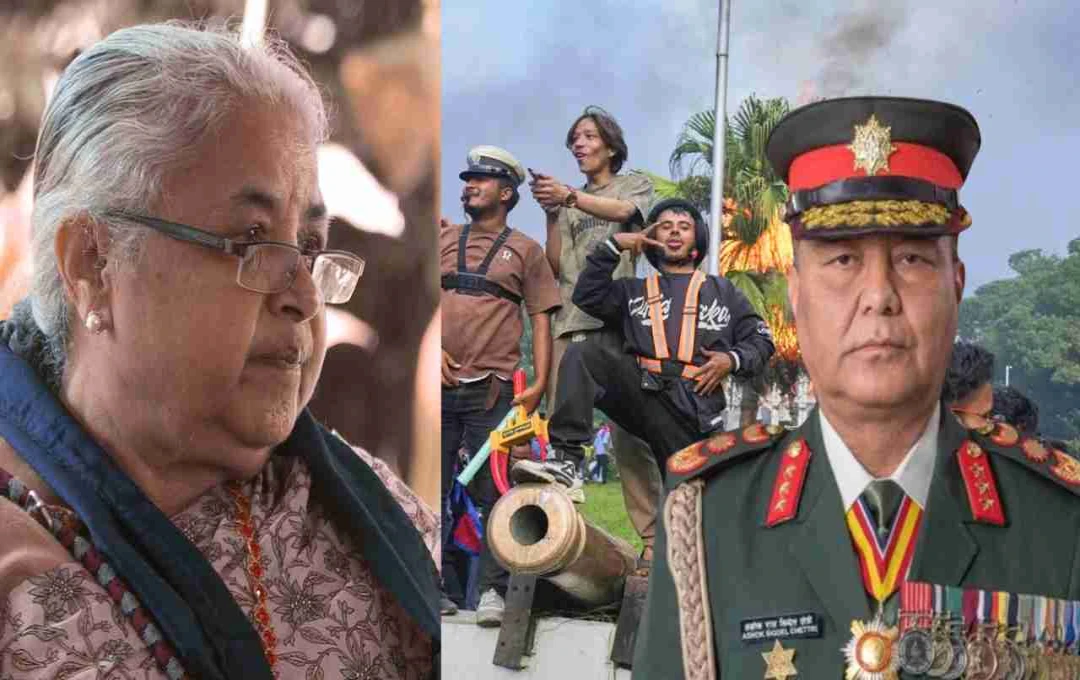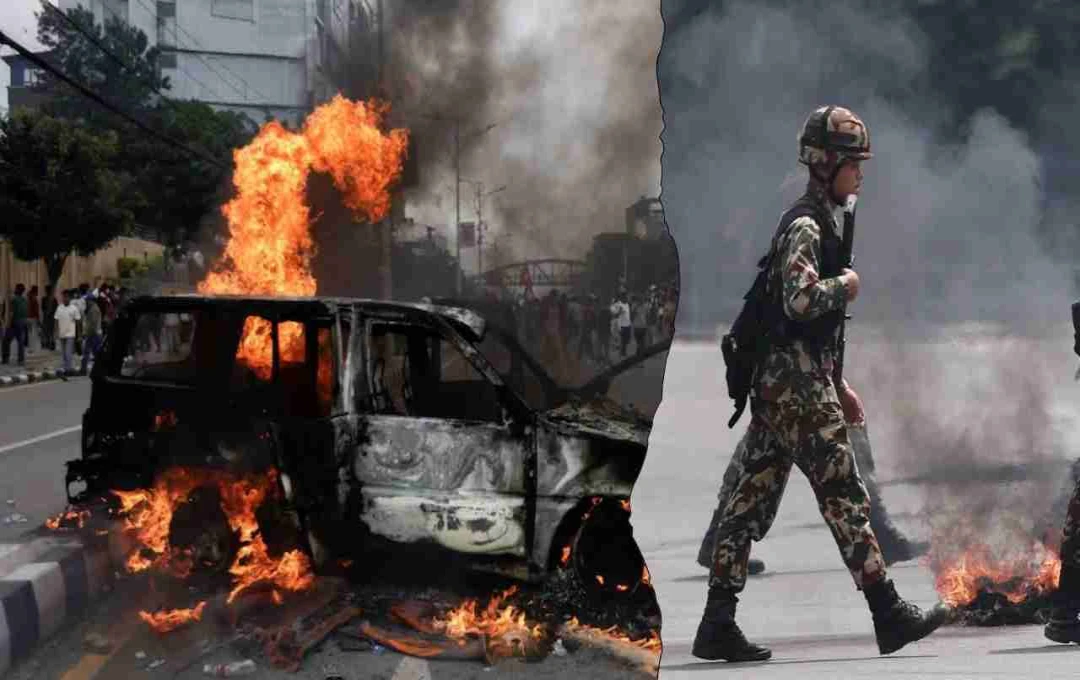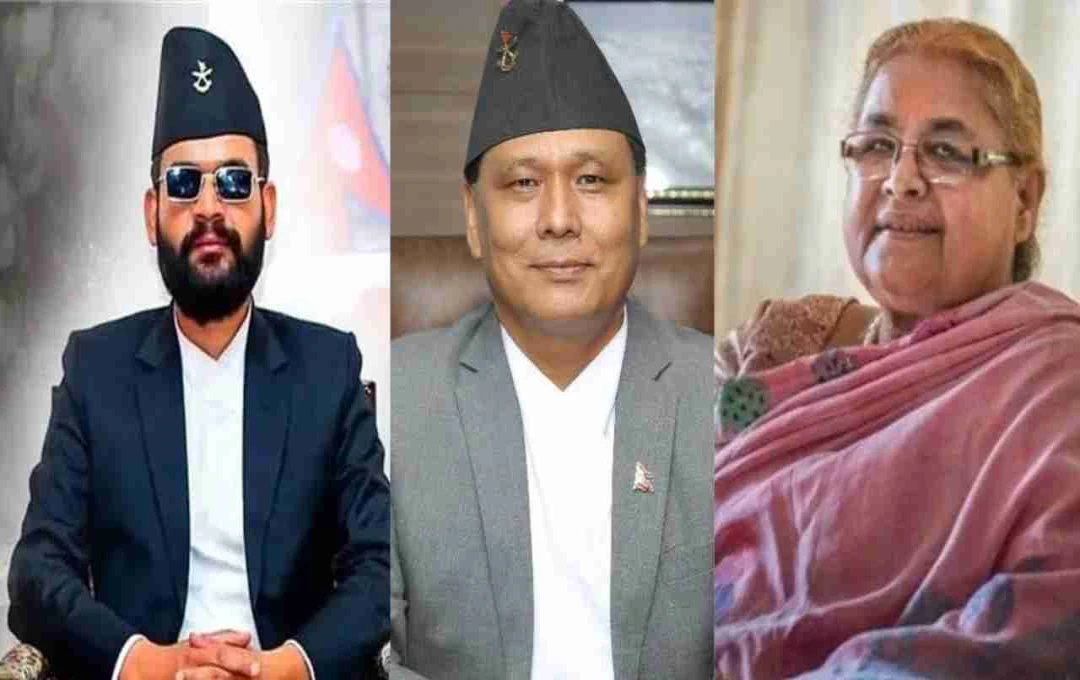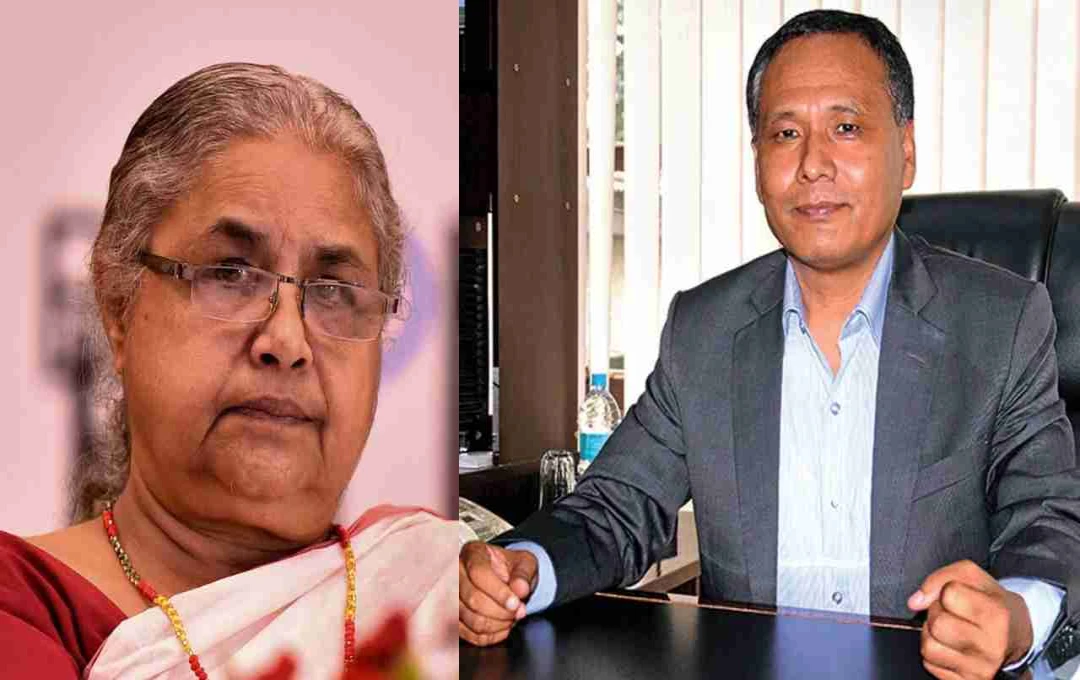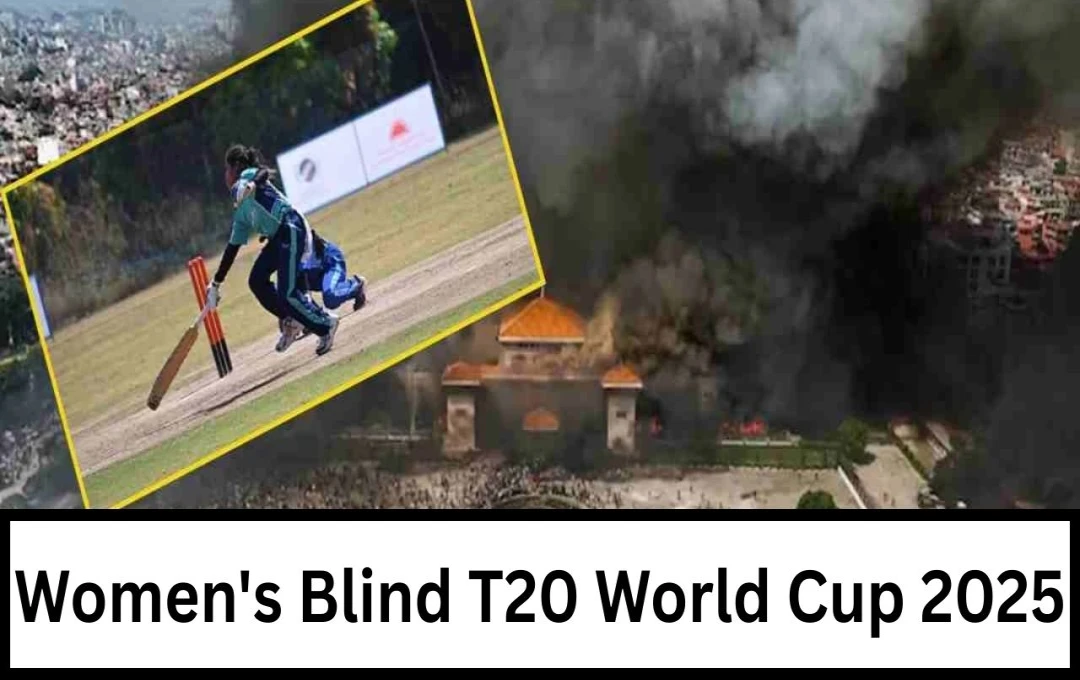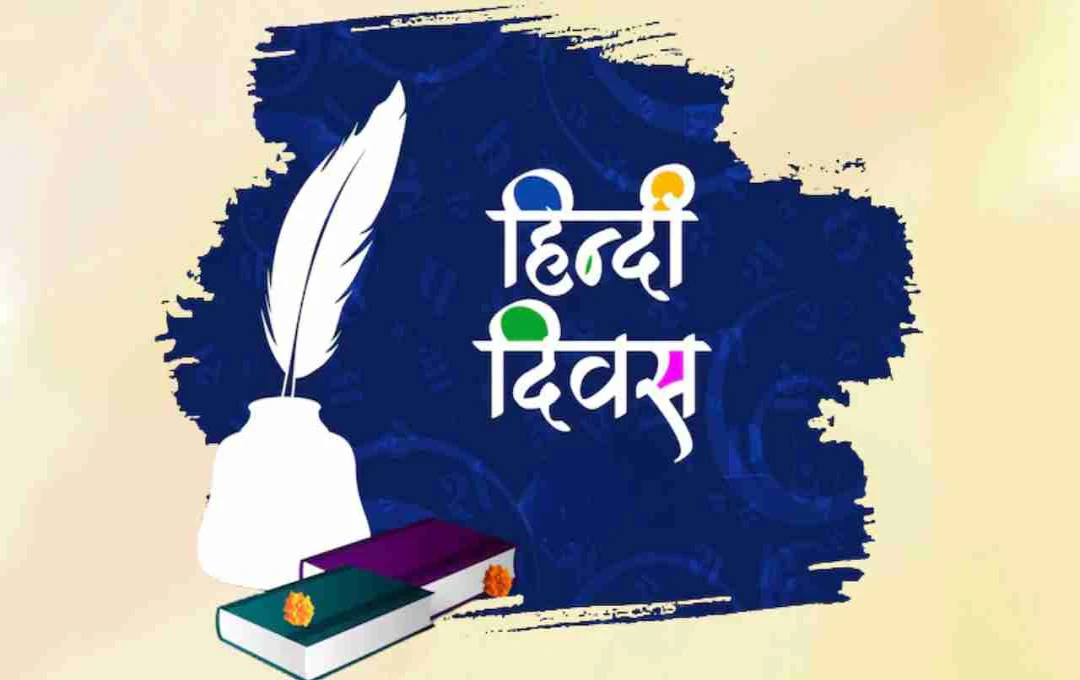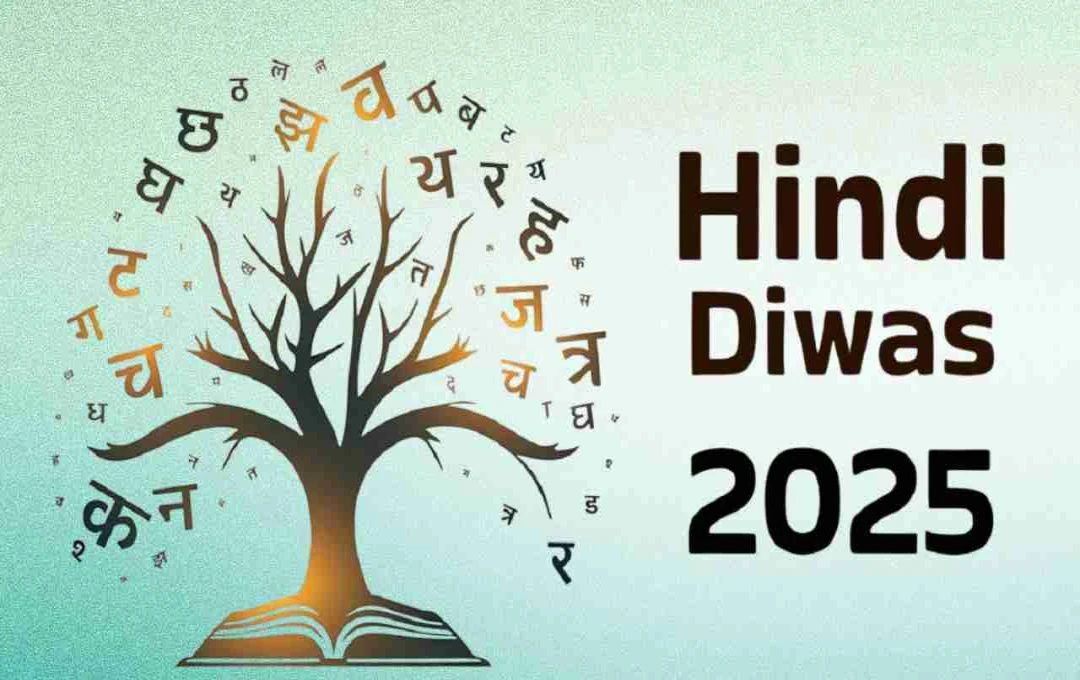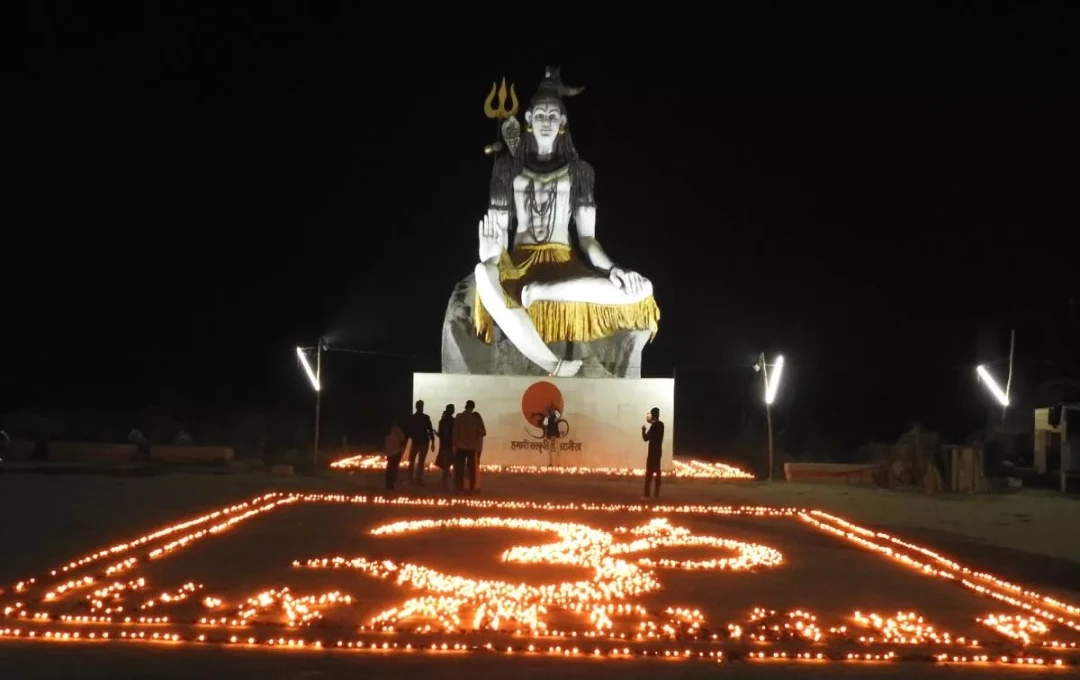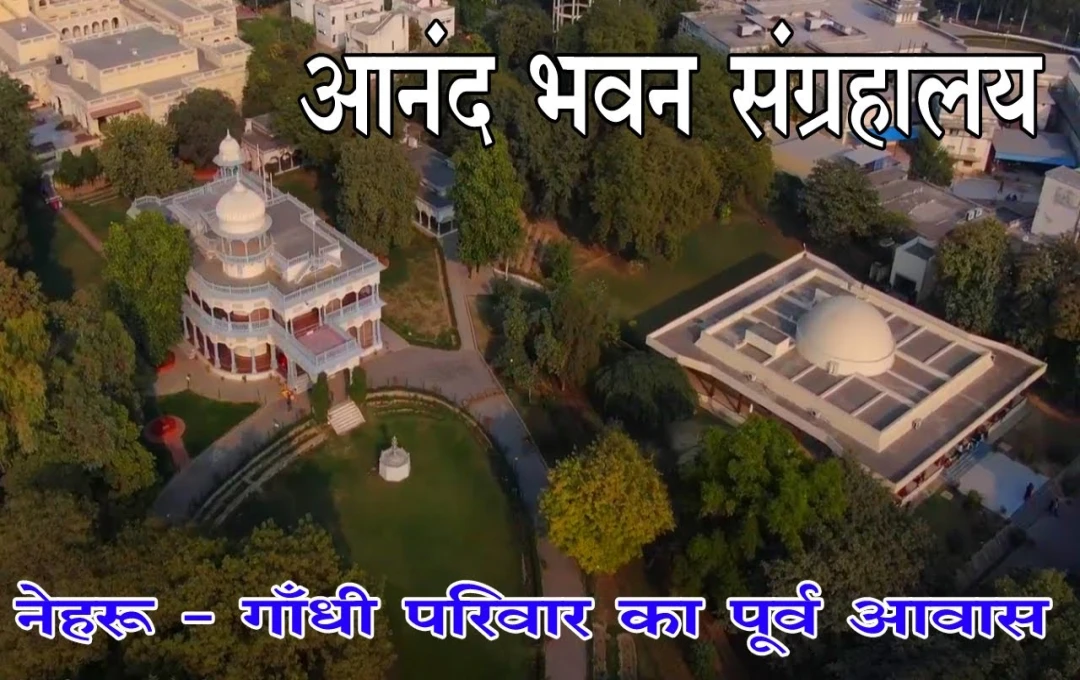Amidst five days of ongoing protests in Nepal, a crucial overnight meeting has reached an agreement to hand over the reins of the interim government to Sushila Karki. Disagreements persist regarding the dissolution of parliament, and the demands of Gen Z youth remain unaddressed.
Nepal Protest: Nepal is currently grappling with continuous protests and upheaval. Friday marked the fifth day of the movement, and the situation remains tense. Amidst this, a significant meeting led by President Ram Chandra Paudel and Army Chief Ashok Raj Sigdel commenced overnight on Thursday. This meeting lasted for several hours and ultimately resulted in a major decision: agreement has been reached to hand over the command of the interim government to former Chief Justice of Nepal, Sushila Karki.
Overnight Meeting Held at Shital Niwas
The meeting took place at the Presidential Palace, Shital Niwas. During this overnight session, President Paudel, the Army Chief, senior legal expert Om Prakash Aryal, and Sushila Karki, among other key figures, were present. Considering Nepal's current circumstances, all parties acknowledged the need for an impartial and b figure. This led to Karki's name being put forward.
Karki has previously served as Nepal's first female Chief Justice and is known for her anti-corruption stance. This is precisely why both factions of the Gen Z movement eventually agreed to her nomination.
Discussion Also Held on Dissolving Parliament
The meeting not only discussed the formation of an interim government but also the dissolution of parliament. However, disagreements persisted on this issue between the Gen Z youth and other parties.
GEN G representatives stated that parliament should be dissolved first, followed by the formation of an interim government. Their reasoning is that as long as the current parliament exists, the influence of old political forces will not diminish. No final decision was made on this matter, and discussions were postponed to the following day.
Strict Demands by Gen Z
GEN G representatives clearly conveyed their two main demands to the Army Chief and the President: first, the immediate dissolution of parliament, and second, that neither the President nor any old political party should have any role in the interim government.
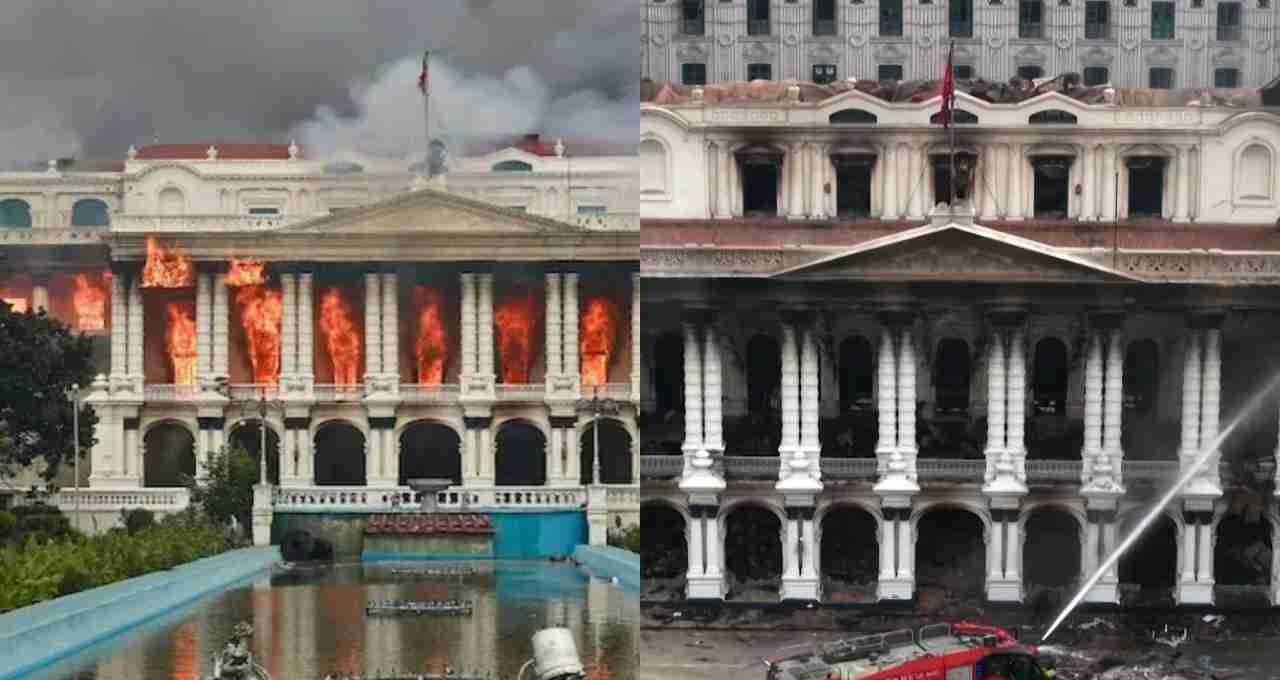
The youth allege that the old political parties are responsible for Nepal's current predicament. They believe these parties are the root cause of corruption, unemployment, and political instability. Consequently, they demanded the complete exclusion of the President and other veteran politicians.
Reason for the Protests
The ongoing protests in Nepal, which have lasted for the past five days, are being referred to as the Gen Z Protest. The youth are leading this movement, demanding an end to the widespread corruption, inequality, and political instability in the country.
Violence has also occurred during the protests, resulting in the deaths of 34 people so far. Public anger has escalated to such an extent that they have targeted the Presidential Palace, the Prime Minister's residence, and Singha Durbar, where ministries are located. The homes of several ministers, hotels, shops, and vehicles were set ablaze.
The direct consequence of this anger was the resignation of Prime Minister K.P. Sharma Oli and his entire cabinet. The public dragged several leaders out of their homes, beat them in the streets, and forced them to flee.
Why Sushila Karki Was Chosen
It has been a tradition in Nepal that whenever an interim or temporary government is formed, the leadership is entrusted to an impartial figure from the judiciary. Following this tradition, Sushila Karki has been selected this time.
Karki's name is also significant because, during her tenure in the judiciary, she consistently advocated for transparency and integrity. She was also Nepal's first female Chief Justice, making her selection a historic step.
Will Parliament Be Dissolved?
The most pressing question is whether Nepal's parliament will be dissolved. The pressure from the GEN G youth is continuously mounting. They are demanding the complete dismantling of parliament and the establishment of a new system, asserting that this is the only way to eradicate corruption and the influence of old political parties.
However, the President and the Army Chief are proceeding cautiously on this issue. They believe that an immediate dissolution of parliament could be detrimental to the country's political stability. Therefore, no final decision has been made on this matter for the time being.
